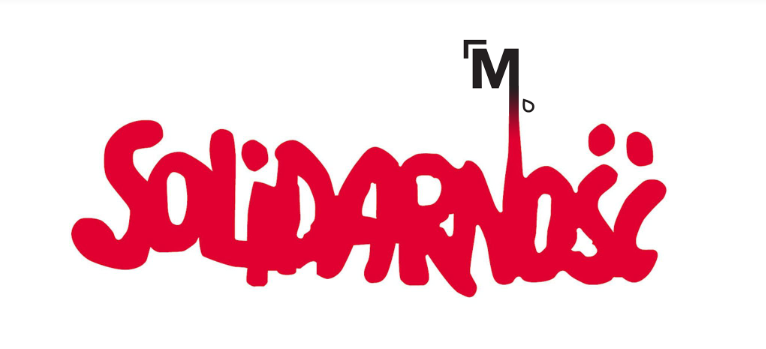This year, the challenge is about: Solidarity: the politics of belonging.
‘Europe will not be made all at once, or according to a single plan. It will be built through concrete achievements which first create a de facto solidarity.’ – Robert Schuman, 9 May 1950
The challenge in Fall 2019 revolves around the European value of Solidarity. Solidarity is at once a value, an aspiration, a sensibility; is felt by Europeans, debated by Europeans, and is a motivation for policy. Solidarity can be leveraged for exclusionary nationalism (US versus them), but also as a rationale for welcoming immigrants. Events like the economic crisis and Greece’s sovereign debt crisis, and its subsequent forced austerity, call Europe’s solidarity into question, while Brexit seems to reinforce it. As the quote from Robert Schuman above shows, solidarity was seen as a necessary infrastructure to be built for Europe’s survival. A central question of Europe’s future is: How do we want to live together?
If Europe can thrive only with solidarity, how can AST contribute? What are the technologies and experiences that will help Europeans to see that we are on this continent together? Does solidarity stop at Europe’s borders, or does the existential climate catastrophe extend our idea of solidarity? What must we learn from each other, share with each other, expect and demand from each other? What art projects will help us to recognize, complicate, and strengthen our solidarity? What technologies, products, or services might extend our ability to live, work, and think together?
The MAST Challenge for 2020 is to reference solidarity as an active topic in your masters degree. It can be considered as a factor in your experience design; a topic for your artwork; a lens through which to model your thesis; a mission of your next startup. You can work with solidarity at any scale, from solidarity in your student union to solidarity in your city or the planet. Solidarity is, however, a social phenomenon: it can’t happen alone.

